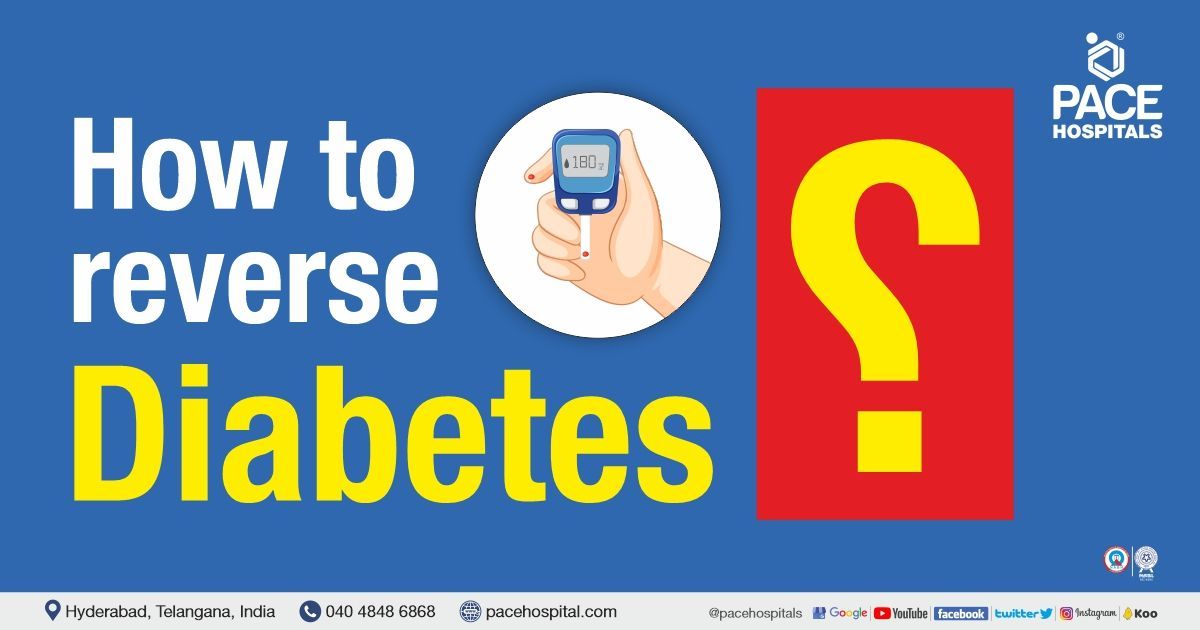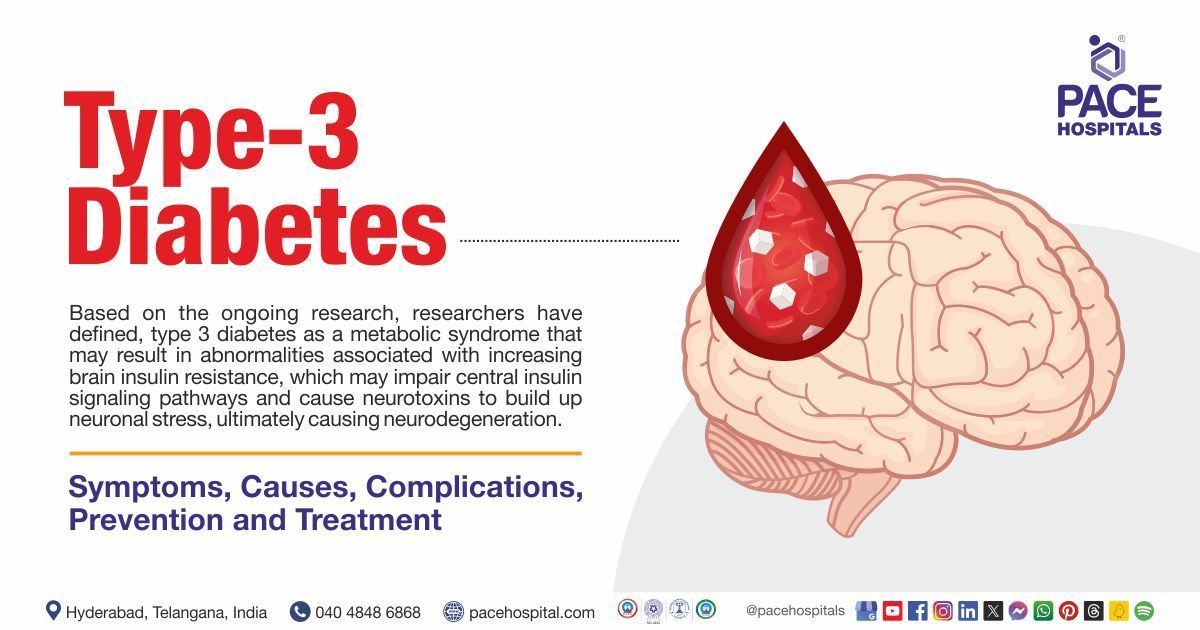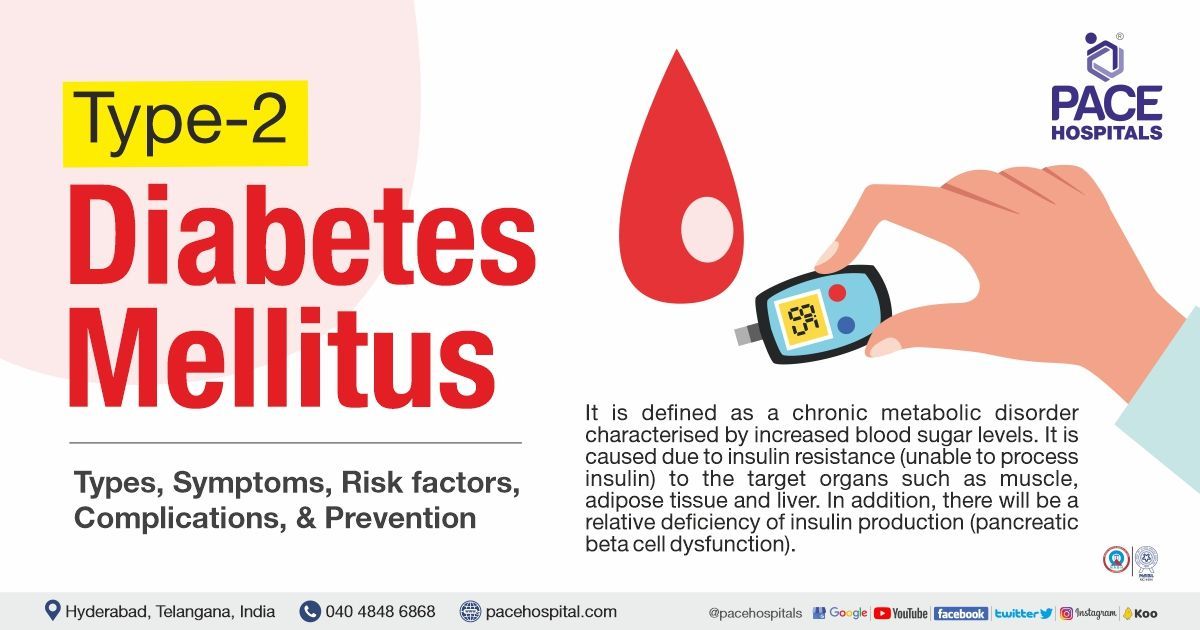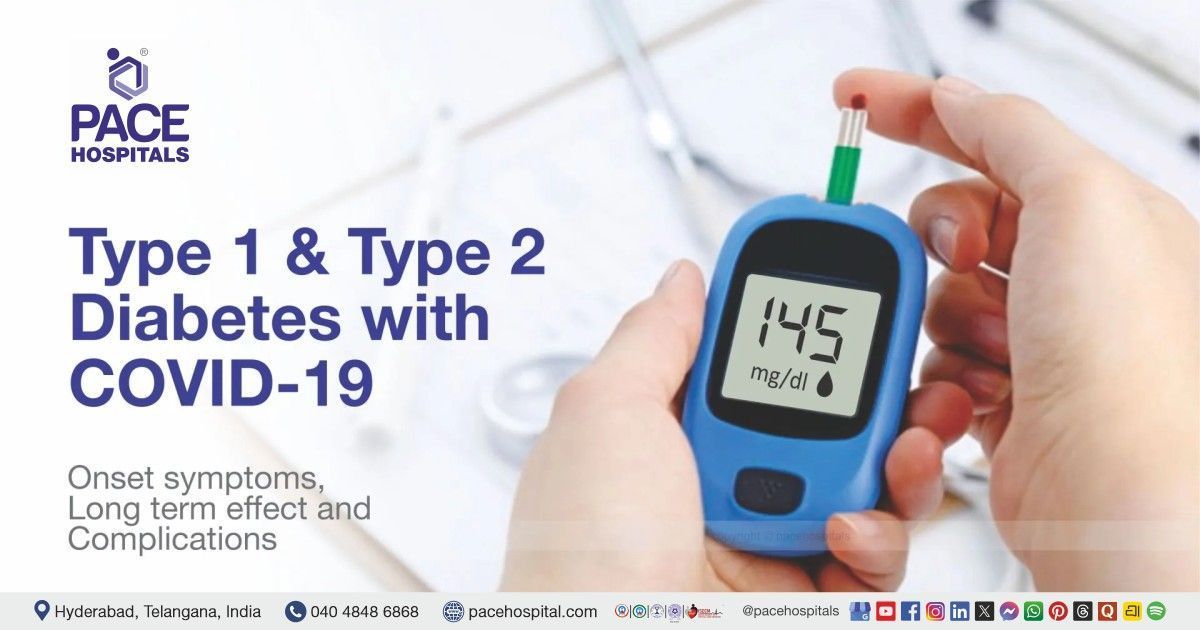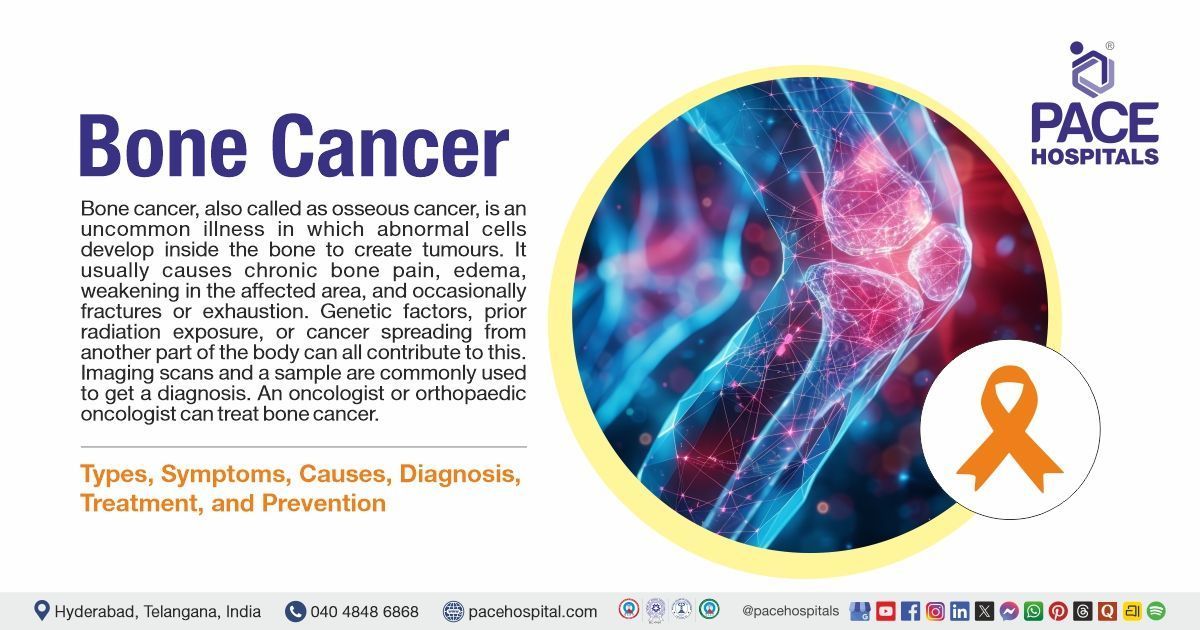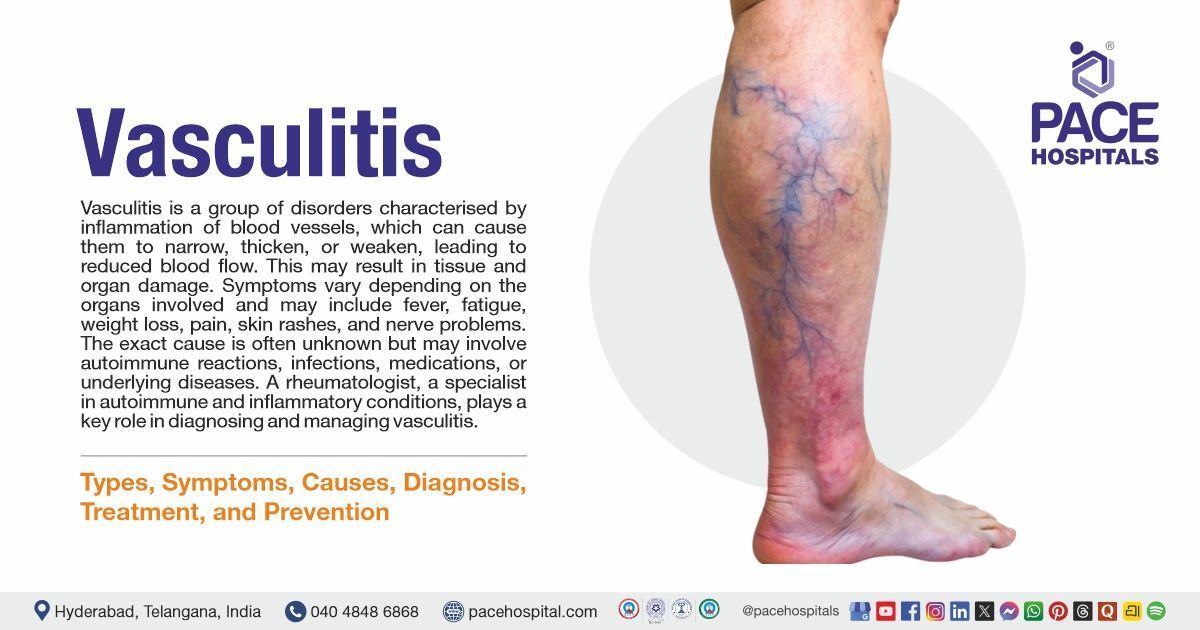How to reverse Diabetes? Is it completely curable?
Pace Hospitals
Diabetes Mellitus (DM), a chronic metabolic syndrome, is characterised by persistent hyperglycaemia (increase in blood glucose levels). The main types of DM are Type 1 & type 2.
In TYPE 1 Diabetes Mellitus (DM), there is an absolute deficiency of insulin production in the body due to some gene abnormality or other causes where pancreatic beta cells do not produce insulin at all. Practically reversing Type 1 DM is not feasible except for Islets transplant containing beta cells, but still, with this transplant, much work remains to be done. The only treatment for TYPE1 DM is lifelong replacement with insulin.
In TYPE 2 Diabetes Mellitus (DM), there is either or both of the two pathologies exist. Initially, the patient develops increased peripheral resistance, i.e. insulin is secreted by the pancreas in normal amounts, but it is not acting properly on receptors (Liver / Muscle), so glucose cannot enter into the cells, and it accumulates in the blood, leading to hyperglycaemia. Increased peripheral resistance is more seen in obese individuals or patients with Metabolic syndromes.
To compensate for this increased peripheral resistance, the pancreas secretes more insulin, and finally, blood sugar comes under control, which is called the honeymoon period in diabetes mellitus. With time pancreatic beta cells get exhausted, and finally, insulin production is reduced, resulting in hyperglycaemia. In some patients, both pathologies coexist, i.e. increased peripheral resistance and decreased production of insulin by the pancreas.
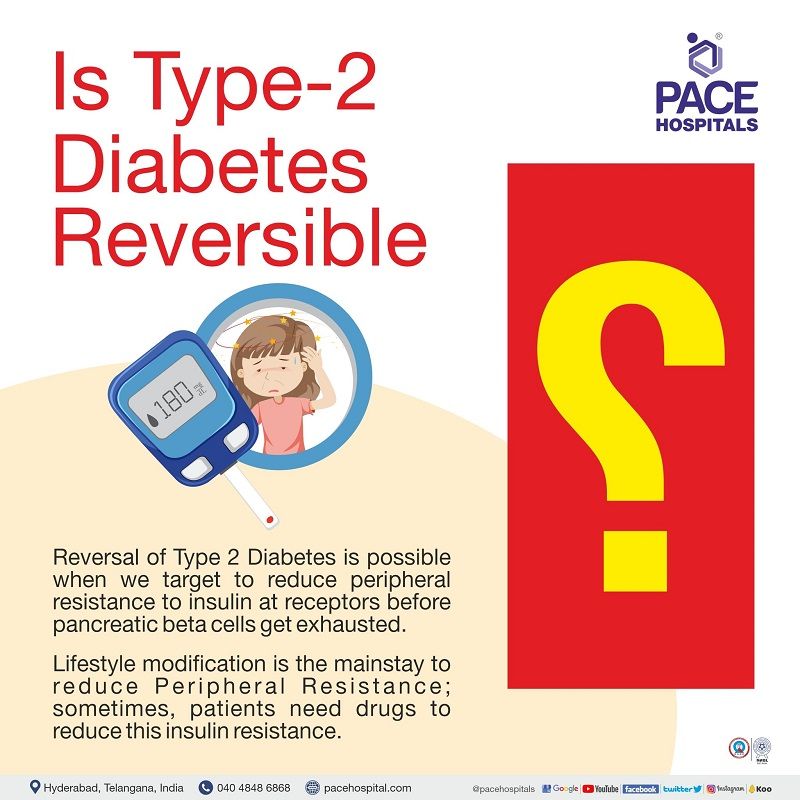
Reversal of Type 2 Diabetes Mellitus (DM) is possible when we target to reduce peripheral resistance to insulin at receptors before pancreatic beta cells get exhausted. Lifestyle modification is the mainstay to reduce Peripheral Resistance; sometimes, patients need drugs to reduce this insulin resistance.
Role of Diet in Diabetes Reversal
Every patient's diet must be customised based on age, activities, muscle mass size and resting energy expenditure.
The goal of nutrition management of diabetes is to maintain desirable blood glucose and blood lipid level, optimal nutritional status, and reach and maintain a healthy weight.
Recommendations are 50-60% of the calories should be from carbohydrates (more from complex carbohydrates and lesser from simple ones), fat should be limited to 30% of total calories, and protein should provide 15-20% of total calories.
Food with low glycaemic index, rich in fibres like vegetables, good quality protein such as beans, lentils, fish or chicken, fresh fruits, low-fat dairy proteins and nuts are recommended.
High glycaemic index foods, such as white rice, sugar, sweets, carbonated drinks, and junk food, must be avoided.
Role of Physical Activity in Diabetes Reversal
Physical activity should be customised according to patient BMI, waist-hip ratio, lean body mass and muscle index.
30–45 minutes of moderate-intensity exercise, 5–6 days per week, is recommended.
Cardiac aerobic activity should be done along with muscle training. Daily Aerobic activity (brisk walking/ running / cycling / swimming / sports activity etc.) should weigh around 40-50% of exercise. Muscle training using weights should be done routinely, focusing on all muscle groups.
Frequently asked questions
Related article
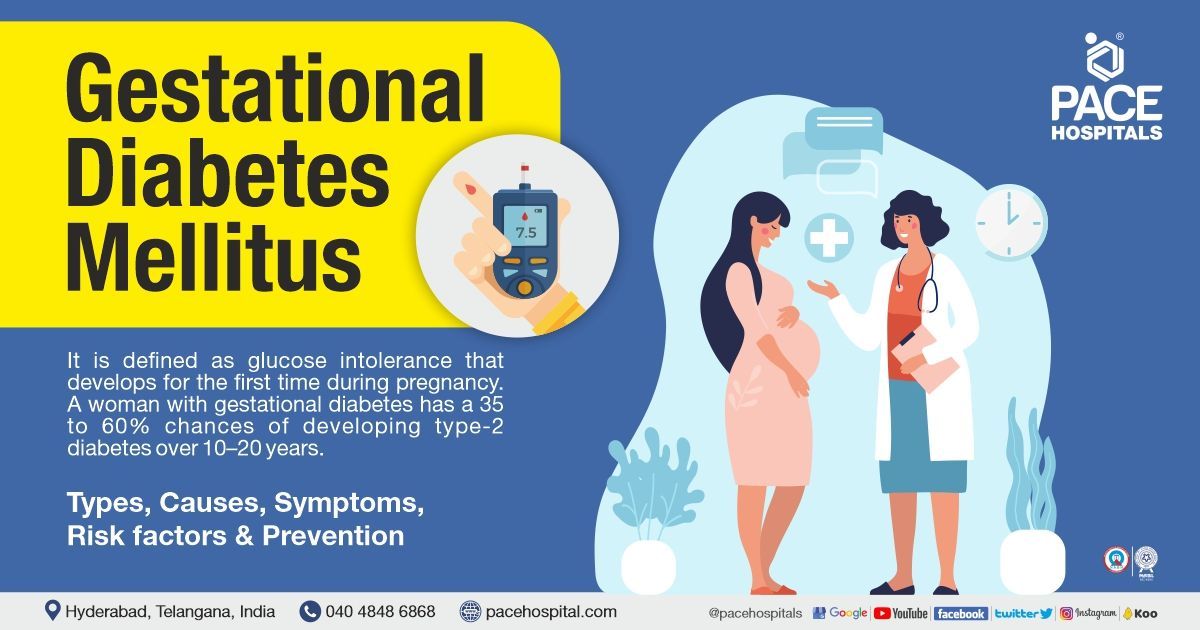
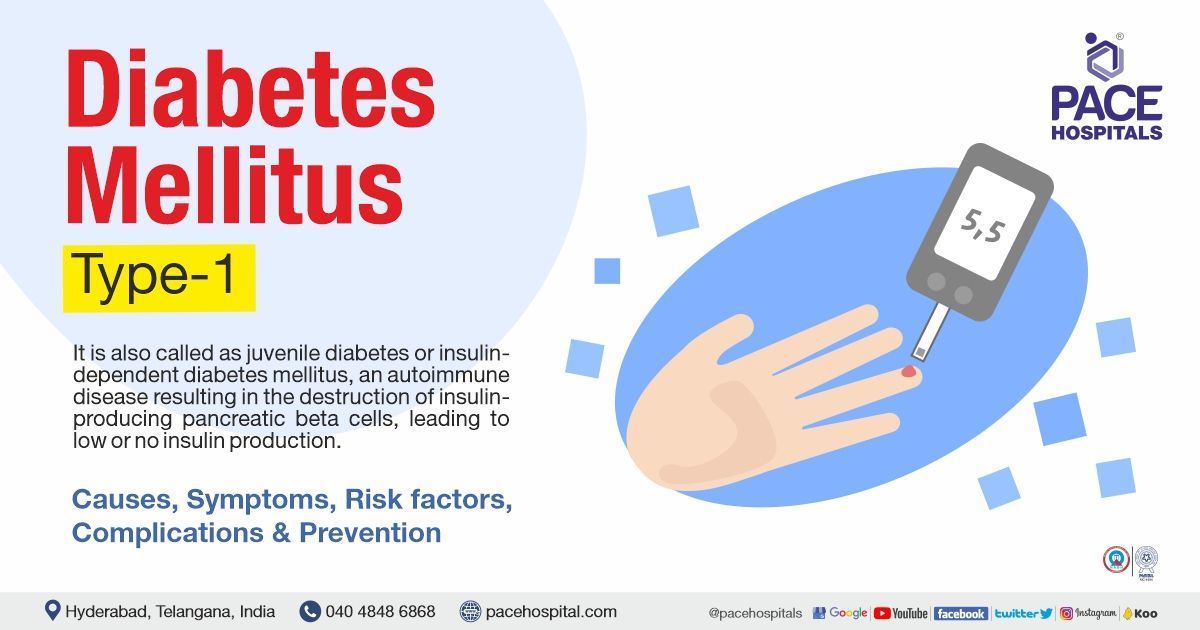
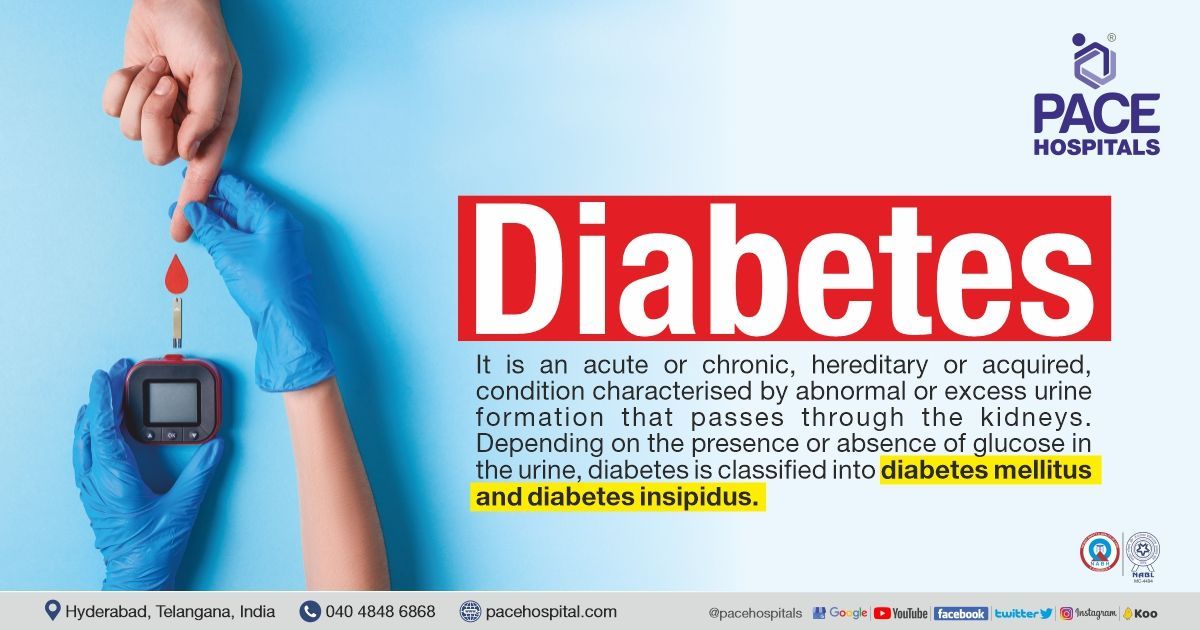
Share on
Request an appointment
Fill in the appointment form or call us instantly to book a confirmed appointment with our super specialist at 04048486868

